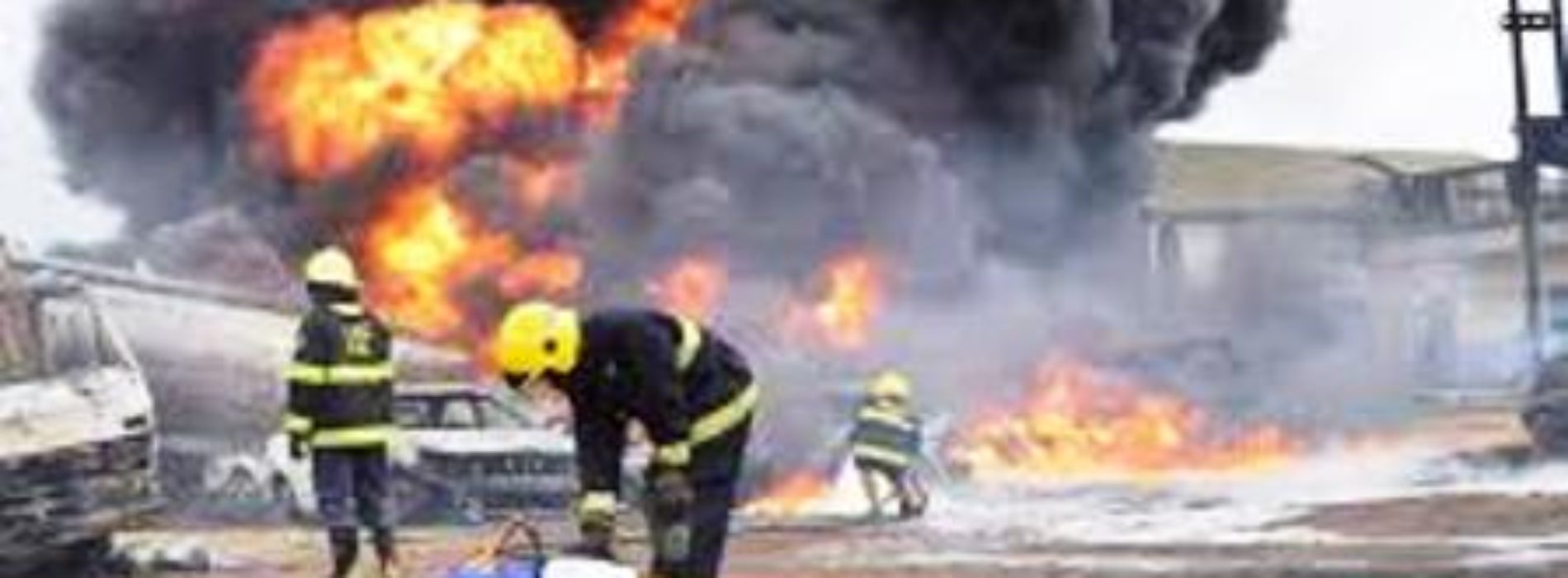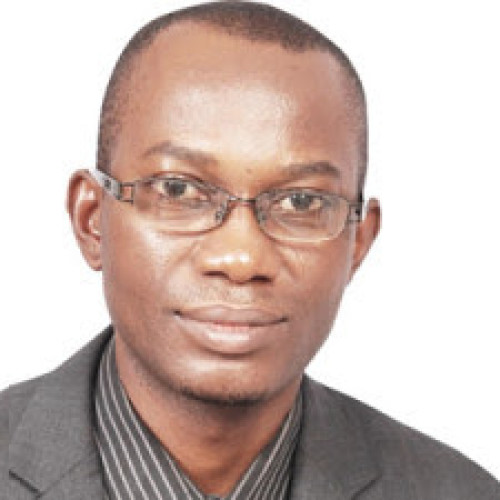Dangote’s new oil refinery and the environment: My fear
By Adebayo Solanke
Few months ago, I was contemplating about sharing my article on this platform regarding a pipeline explosion that occurred at Abule Egba, Lagos on January 19, 2020. I shared my thoughts with my mates, although, in another platform. Few months later, again, on March 15, 2020, another explosion hit Abule Ado, Lagos. As at the time of writing this article, reports indicated that the explosion occurred at a gas processing plant, and the impact of the explosion resulted to the collapse of adjoining buildings, which damaged petroleum pipeline. My heart goes to the affected families. Surprisingly, this is not the first time that a pipeline explosion will occur in Lagos.
Who is to blame for these recurrent pipeline explosion incidents? Could it be irresponsibility on the part of the government (federal and state) or carelessness on the part of the gas processing company or residents who may have tolerated activities such as oil theft and sabotage? Why would someone keep on with pipeline vandalism and oil bunkering, knowing full well that the implications of their actions include loss of life and property. Better still, could we put the blame on the poverty level in Nigeria or social norms regarding petroleum as a national cake? What about emergency response in Nigeria? Lagos is even trying. I’m sure we could spend the whole day debating on who is to be blamed for the re-occurrence of pipeline explosion in Nigeria; I would prefer, however, to channel our energy and thought on how to avoid such incidents.
Not In My Backyard (NIMB) is an acronym commonly used in Environmental Justice. Basically, NIMB is used to express opposition by local citizens whenever a project is to be sited in their neighborhood. Although the project may be needed by the larger community, it may not be safe to the local community, thus leading to decrease in property values and the well being of the local community.
Such projects include dumpsites, oil (petroleum) facilities, windmills etc. Regarding the petroleum pipelines at Abule Ado and Abule Egba, we can’t really describe it as NIMB because the petroleum pipeline had been constructed before the erection of residential buildings and other investments. However, the residents of Lekki and other adjoining areas, lack of response to the siting of Dangote Refinery at the Lekki Free Zone, Lagos, is of great concern to me.
Unfortunately, the local residents at Lekki and Ajah, may not see Dangote Refinery as a NIMB project. They were most likely not made aware of the environmental and health implications of such a huge project in their community. Perhaps, it may be that the local residents were beguiled by the economic benefits such a project will offers both the residents and Nigeria at large. Honestly, I am aware of the economic benefits (job creation, economic improvements etc.). However,as we consider the economic benefits, the environmental and health implications need to be equally well thought-out.
Firstly, both aquatic and terrestrial environments that are in close proximity to the refinery are prone to pollutants associated with oil and gas industry. One of such pollutants is polyaromatic hydrocarbons (PAHs), which affect terrestrial, benthic and pelagic aquatic communities. Similarly, there will be an increase in atmospheric pollutants and particulate matter as Dangote refinery begins. Don’t forget that Lagos atmospheric conditions are already compromised due to high population density, natural and anthropogenic activities. Some of the effects of oil and gas pollution include genetic mutation, skin disorder, respiratory disease, and endocrine disruption to both aquatic and terrestrial organisms. In addition, potential carcinogenic effects of these pollutants have been reported.
Secondly, some people are of the opinion that the new refinery will use the latest technology to reduce the release of environmental pollutants. However, even the US, with the latest technology and strict environmental regulations and enforcement, is still battling with environmental and health effects of oil and gas industry. Currently, developed nations are moving towards sustainable energy sources rather than burning fossil fuel, which is one on the sources of carbon dioxide that causes climate change.
Here is the big picture, when Dangote Refinery begins its operation in the future months, what will happen to Lekki and Ajah area in the next 15 and 30 years? Remember, recurrent pipeline explosion at Abule Ado, Abule Egba, and others, was not like this in the last 20 -30 years. In addition, we can clearly see the impact of oil and gas industry in terms of health and environmental degradation to the local people in the Niger-Delta region. Similarly, residents of Satellite Town, Lagos are currently exposed to health and environmental hazard due to oil tank farm activities sited near a residential area. So, why the decision to site such a huge refinery in Lagos, a highly dense area, while leaving the Olokola Free Trade Zone, a non-dense area, untouched? Could this be politics or economics?
Finally, as we as citizens aspire for improvement in Nigeria’s economy, business communities should not neglect or down play the short-and-long term health and environmental implications of their decisions.
Remember that all of us, rich, poor, male, female, politicians, or regular citizens will breathe in the same air. If our air, waters, and land continue to be polluted due to oil and gas activities, we will all bear the consequences together. Unfortunately, even our unborn children will equally suffer from such acts.
Let us leave a better Nigeria and planet Earth to our future generations.
- Adebayo Solanke writes from Florida A&M University, USA.





0 Comments
No Comments Yet!
You can be first to comment this post!